The Brainwashed Alcoholic
Why society fears cannabis more than alcohol despite the truth being painfully obvious
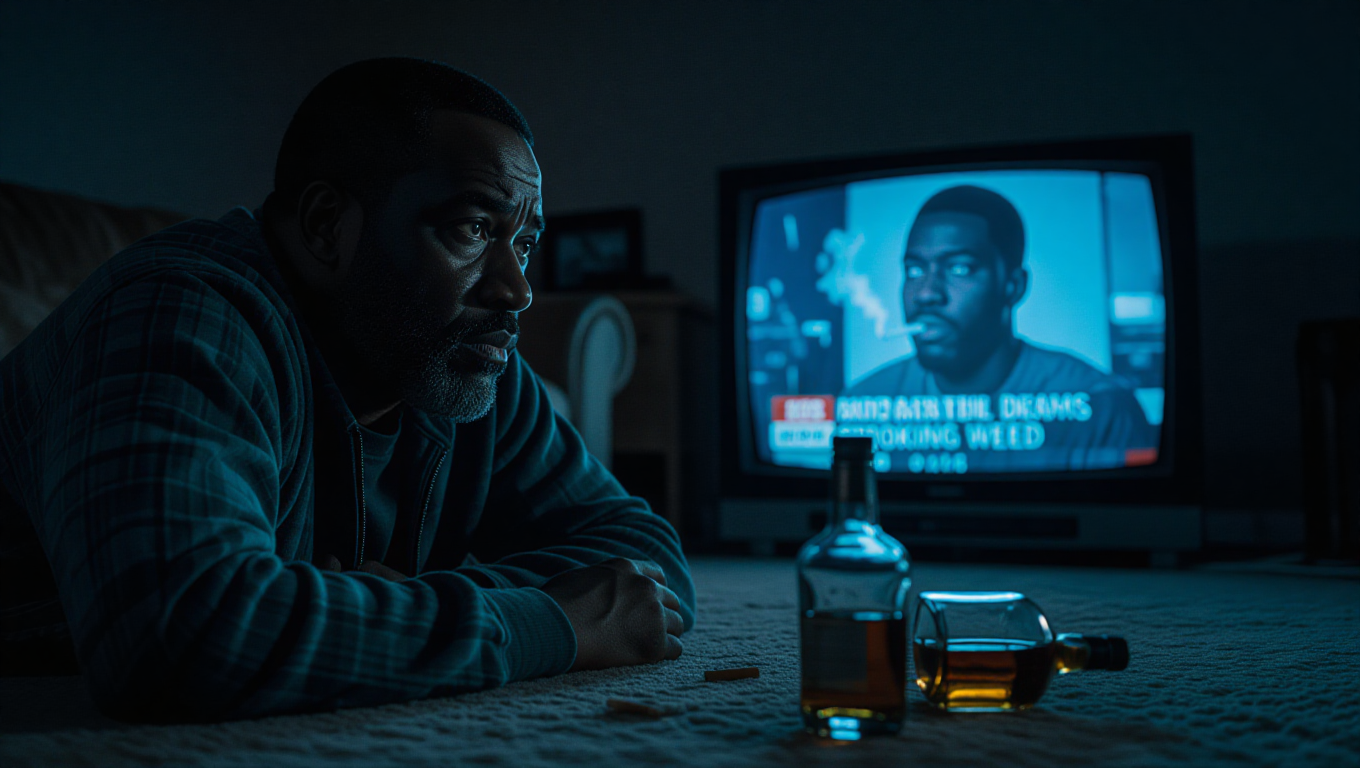
Have you ever had a deep conversation with a friend or partner about the hidden truths shaping our world—only for them to say something like, "If that were true, it would be on the news," or "Why would the government lie?" That’s when it hits you: you’re talking to a shell of a person, an NPC. Someone who has outsourced their thoughts to algorithms, trending podcasts, and mindless TikTok loops. Their beliefs are fed to them, their doubts erased. They no longer think for themselves.
Of course the government lies. That’s practically part of the job. Of course mainstream media parrots whatever it’s paid to repeat. Of course those same media companies own or influence social platforms that shape public discourse. To get anywhere near the truth, you have to claw through layers of noise, deception, and corporate narratives. And when you do, you begin to notice contradictions everywhere especially when it comes to drugs.
Take cannabis, for instance. It's still more demonized than alcohol, even though alcohol is vastly more destructive. That narrative didn’t emerge naturally. It was built carefully, maliciously—through propaganda. In the mid-20th century, smear campaigns targeted cannabis by associating it with immigrants and people of color. Posters warned of madness, crime, and moral decay. But the real threat wasn’t cannabis. It was alcohol. Legalized because it generated tax revenue and fueled entire industries.
Alcohol doesn’t just mess with your brain. It decimates your liver, burns holes in your stomach, wrecks your kidneys, and wears down your nerves. Yet somehow, an avid drinker will still look down on someone who smokes weed. They’ll dismiss cannabis as dangerous or immoral while sipping a 42% concentration of poison with pride.
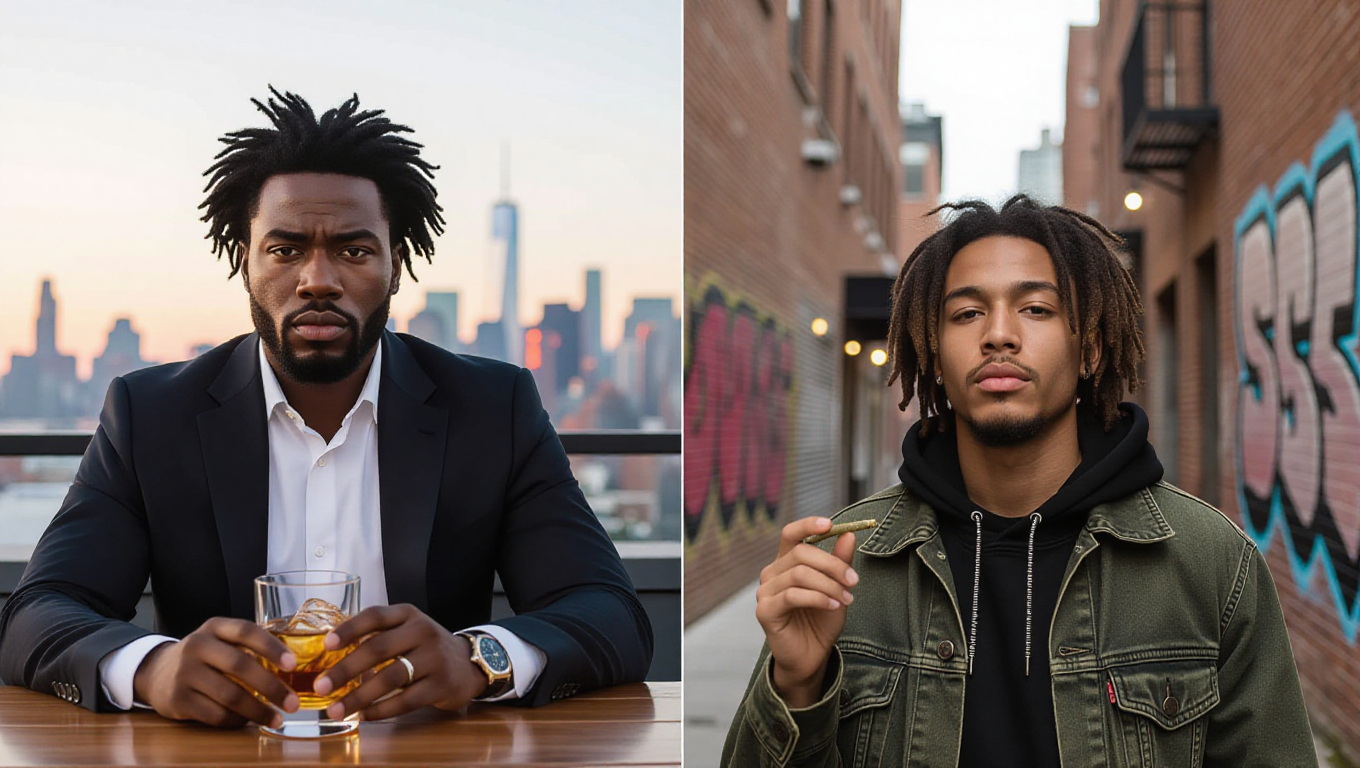
How did we get to this absurd point, where a person guzzling shots of liquor feels morally superior to someone lighting a joint? Where alcohol, the leading cause of liver cancer and traffic fatalities, is a social lubricant, while cannabis is still whispered about in alleys and dark corners? Did you know that both alcohol and tobacco kill more than 10 million people yearly?
To be fair, alcohol has contributed economically. It creates jobs, drives nightlife, and pulls in billions in tax revenue. But those gains come at a massive cost. Alcohol is a leading cause of liver disease, domestic violence, impaired judgment, road deaths, and even psychosis in predisposed individuals. Do the financial benefits really outweigh the lives lost, families broken, and systems burdened?
Now look at cannabis. Because of its long demonization, research was suppressed for decades. In the United States, it was classified as a Schedule I substance—deemed more dangerous than cocaine or opioids. This classification blocked meaningful research, leaving a gap that was filled by fear, myth, and speculation. Meanwhile, we built entire medical libraries documenting the risks of tobacco and alcohol in dozens of languages.
Despite all this, no one bats an eye when they see someone chain-smoking or nursing whiskey at a bar. But if a person with dreadlocks pulls out half a joint, society clutches its pearls. We’ve normalized the toxic while criminalizing the natural.
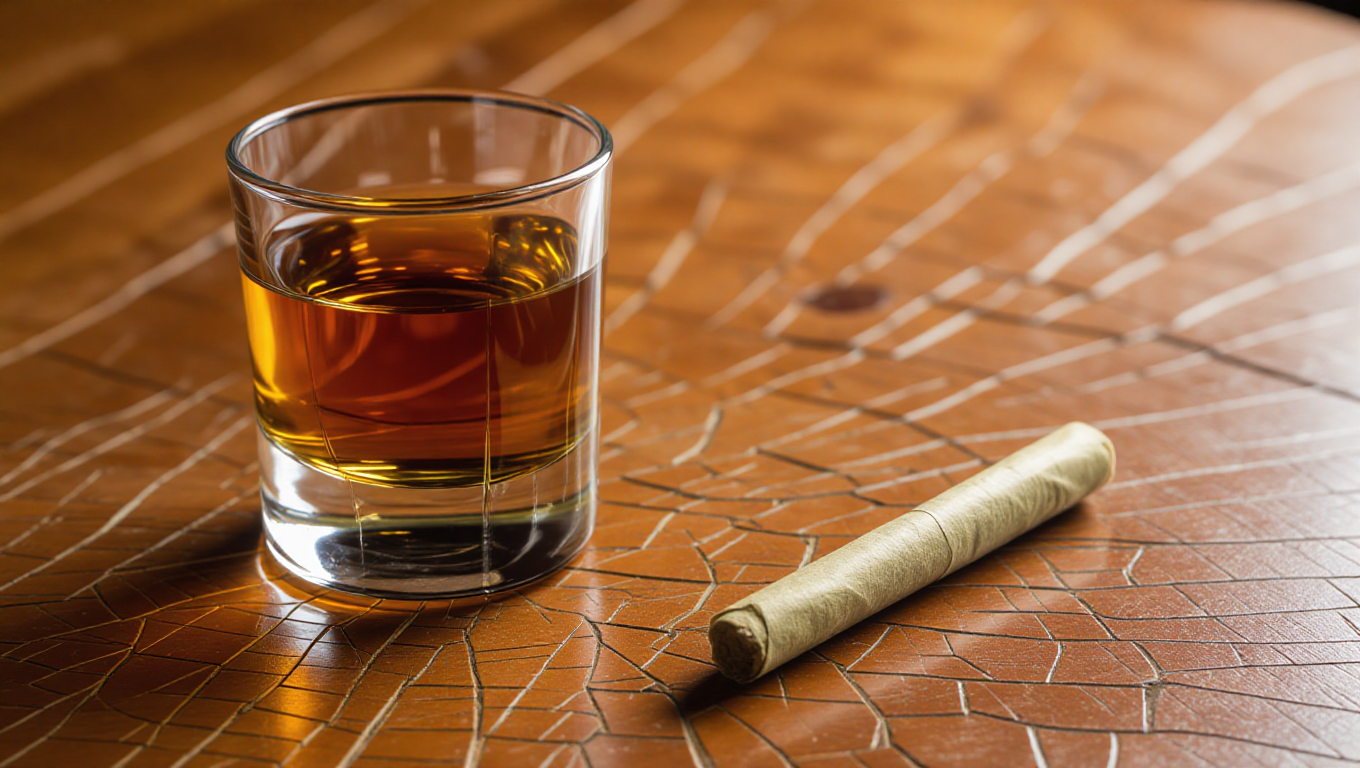
I’ve experienced all three—alcohol, nicotine, and cannabis. All of them deliver their own kind of pleasure. But the differences are glaring.
Weed felt introspective. Like sitting barefoot on a quiet beach, watching the sun sink into the horizon with a cool breeze on your face. It made me think about my choices, my regrets, my emotions. It made me feel things, not always fun things, but real ones. The munchies were brutal, and the sleep that followed was like being buried in warm silence.
Cigarettes gave me a quick, fleeting high. A sense of floating without oxygen. It was light, sharp, and gone in minutes, leaving nothing behind but an odd craving for more.
Alcohol was the wild one. It stripped away filters and logic, replacing them with raw energy and recklessness. The more I drank, the more detached I became from judgment, empathy, or reason. It made me louder, dumber, bolder—but not in a good way.
I’ve done foolish things on alcohol that I would never attempt on weed or even cigarettes. I’ve woken up full of regret after a night of drinking. Rarely have I felt the same after a weed session. But nicotine? That’s another trap. On its own, nicotine is less damaging than the tar-filled cigarette it’s delivered in. Yet its effect is strange, it drains your brain, leaving you foggy and dry, like your mind’s been wrung out like a towel. And somehow, you get addicted to that feeling. Still, even that never stripped away my decision-making the way alcohol did.
So why are alcohol and tobacco legal, yet cannabis remains heavily restricted in many places? The answer is simple: money. Legalizing cannabis doesn’t benefit governments and corporations in the same way. People can grow weed on their balconies. There’s no need for complex processing, factories, or bottling plants. You harvest the buds, dry them, and you’re done. Compare that to tobacco and alcohol, which require heavy industrial involvement, packaging, and sales infrastructure—all taxable.
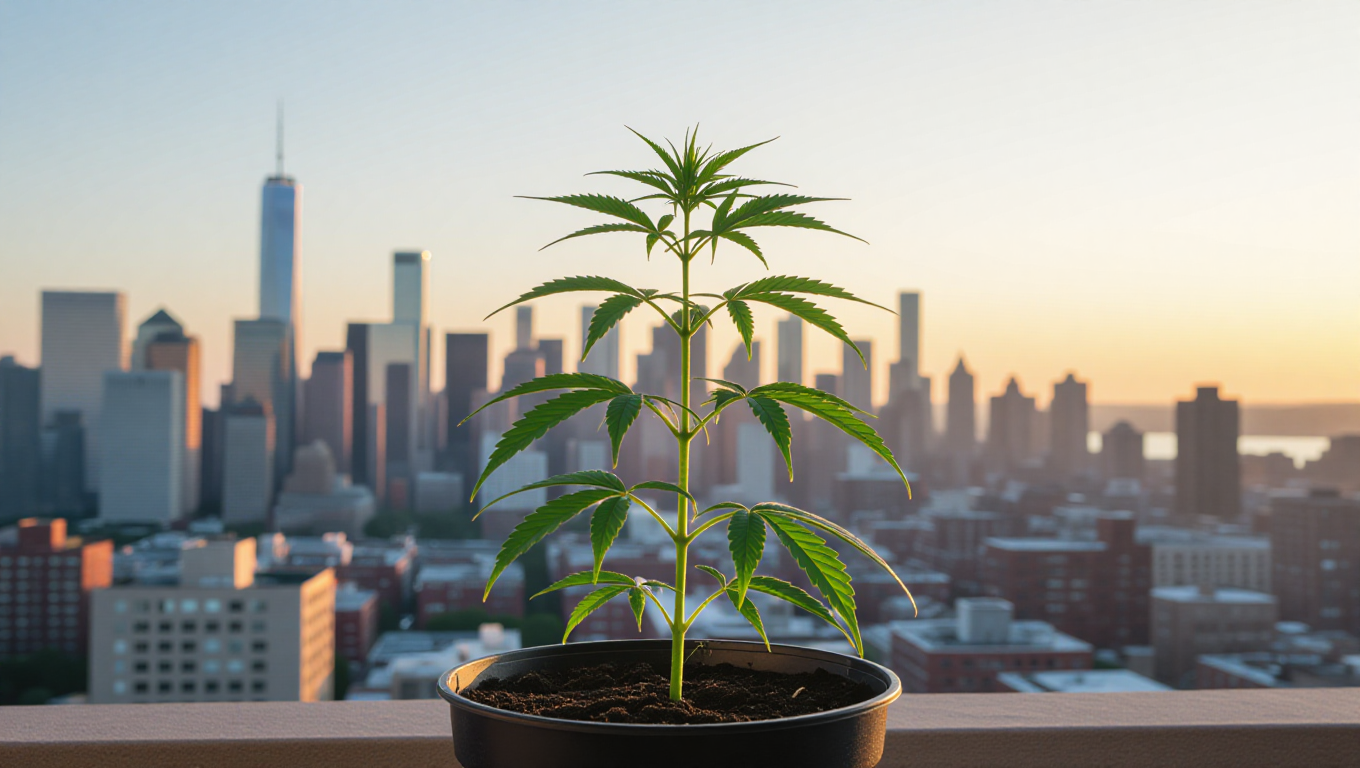
That’s why the government continues feeding us propaganda. They need you to believe weed is dangerous. That it causes madness or stunts your growth. The goal is to protect the alcohol and tobacco industries, which rake in billions annually. Weed threatens those profits.
If people realized cannabis could help them quit alcohol and nicotine, the economy would shift dramatically. Bars would empty. Cigarette sales would plummet. Pharmaceutical sleep aids and anxiety pills would gather dust. People would grow their own plants, bypassing taxes and middlemen. And that’s a threat the state cannot afford.
Even in countries that have legalized cannabis, the rules are restrictive. Personal growing is often banned. Sales are confined to licensed dispensaries, all under the pretense of quality control. But really, it's about maintaining a stranglehold on profits.
This is why legalization takes so long. And when it does happen, it's surrounded by regulations designed to protect the industries built on dependency. Governments aren’t easing restrictions to empower people. They’re trying to figure out how to legalize weed without losing alcohol tax revenue or collapsing addiction-based economies.
Then there’s the biggest myth of all: that cannabis causes psychosis. The truth is more nuanced. Cannabis doesn’t cause psychosis. It might accelerate symptoms in those already predisposed—people with a genetic history of mental illness. But so can alcohol. So can trauma. So can life.
If your uncle had psychosis, and you smoke weed, it may show up earlier than if you didn't. But it was going to happen anyway. Weed didn’t plant the seed—it just watered it. And recent studies suggest that cannabis users may actually experience less cognitive decline as they age compared to non-users.
In other words, if you’re going to go mad, you will—with or without cannabis. It’s a matter of when, not if.
And what about the laws that govern cannabis use? Let’s not forget their origins. In the early 1900s, cannabis was targeted not because it was dangerous, but because it was used by the "wrong" people. Black communities, immigrants, and poor workers smoked weed—and white lawmakers didn’t like that.
After the abolition of slavery, America needed cheap labor. The streets were full of jobless freedmen and immigrants. The solution was simple: criminalize their habits. Launch smear campaigns linking cannabis to crime, then arrest users—most of whom were Black or Latino. Lock them up. Use their labor in factories. All legally, under the banner of justice.
It wasn’t about protecting society. It was about controlling it.
Ask yourself: did weed smokers steal? Kill? Wreck homes? Not really. At worst, they ate half the fridge and took a nap. But that’s the real threat, isn't it? Weed makes people content. It eases anxiety. It helps you settle into the present moment. And capitalism hates that.
Capitalism needs you hungry. Restless. Anxious. Competitive. It doesn’t want you stoned on a beach, appreciating sunsets and silence. It wants you waking up at 7 a.m., caffeinated, working 9 to 5, trading your time for Wi-Fi and rent. It wants you in debt, on edge, and constantly striving for more.
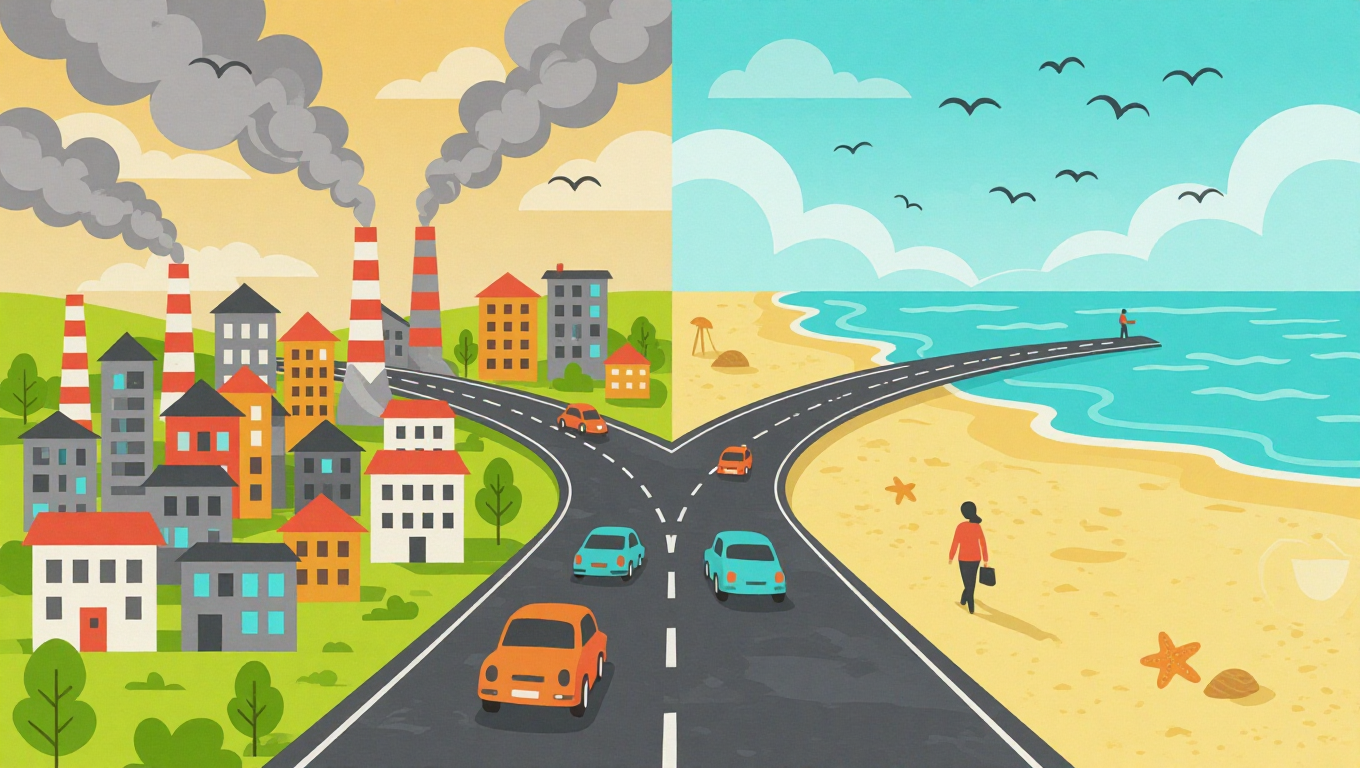
Imagine a country full of relaxed, weed-loving citizens. A nation where people work three hours a day, then spend the rest at the park or the ocean. Where love fills the air, and urgency is rare. That kind of life doesn’t fuel stock markets or quarterly earnings. That kind of peace isn’t profitable.
Cannabis is more than a drug. It’s a threat to the very system that governs our lives. A natural remedy in a synthetic world. It challenges everything we’ve been taught to value—productivity, urgency, competition.
No, this article isn’t trying to sell you weed. It’s trying to show you how deep the conditioning runs. It’s trying to help you understand how easily you were convinced to drink poison, praise the drunk, and scorn the stoner.
It’s time to rethink everything.


and has more negative PR.I agree the dominant reason for this demonization is to fuel capitalism.One other way it does this is by making it illegal and therefore cashing in through arrests and lacing it with other toxic ,non consumable substance.There is a certain correlation of alcohol(spirits) with our own spirit as human beings ,consumption of alcohol deadens the spirit while cannabis tends to stir it.One is an escape and the other is a mirror.Thats why one leaves people empty while the other leave them curious and content.
Well said🔥 cannabis frees the spirit. Ever heard the saying: "First, man takes the drink then the drink takes the man"?
What are your thoughts?